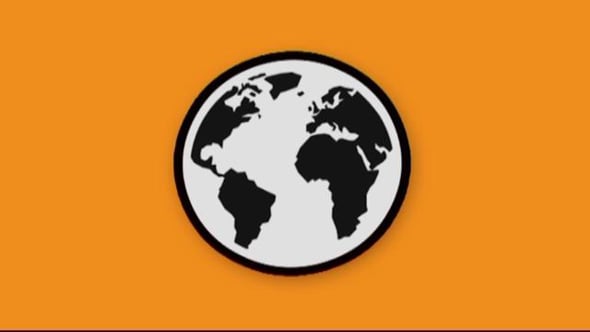The current outbreak of a novel coronavirus, originating in Hubei Province of China and closely related to SARS, is once again keeping the world on its toes. This is but the latest of a series of pandemics that have terrorised countries all around the world in recent years, including Ebola, SARS, Zika, MERS, etc. All these pandemics have one thing in common: they have a zoonotic origin, being transmitted from animals to humans. But could these crises be prevented?

[ad_336]
In a new article published in the journal PNAS, scientists from the Autralian science agency CSIRO, the American-based EcoHealth Alliance, and Sapienza University of Rome in Italy argue that pandemic risk is currently a blind spot of sustainable development planning. They say there is urgent need for an integrated approach to mitigating the disease emergence consequences of environmental change.
Lead author of the study Dr Moreno Di Marco, based at Sapienza University of Rome, said too little attention has been paid to the interaction between environmental change and infectious disease emergence, despite growing scientific evidence that causally links these two phenomena.
“Efforts to reduce pandemic risk involve trade-offs with other societal goals, such as food and energy production, which ultimately rely on the same environmental resources. Those links cannot be ignored.” he said.
[rand_post]
Recent emergences of infectious diseases, including the new Covid-19, were driven by high human population density, increased hunting and trading of wildlife, environmental changes such as deforestation, and intensification of livestock production. This means the risk of zoonotic diseases is not just related to the number of wild species or their abundance in a given area, but to how these parameters are altered by human activities.
Di Marco concludes “We urge that pandemic risk mitigation becomes an integral part of sustainable socio-economic planning. Research and applications for achieving this integration must be prioritized now if we want to prevent, rather than react to, the next dramatic consequence for humanity.”
